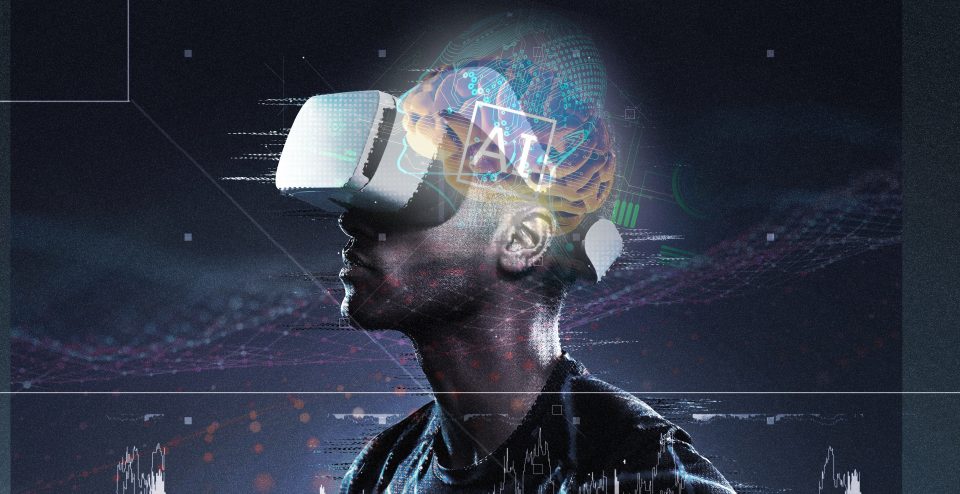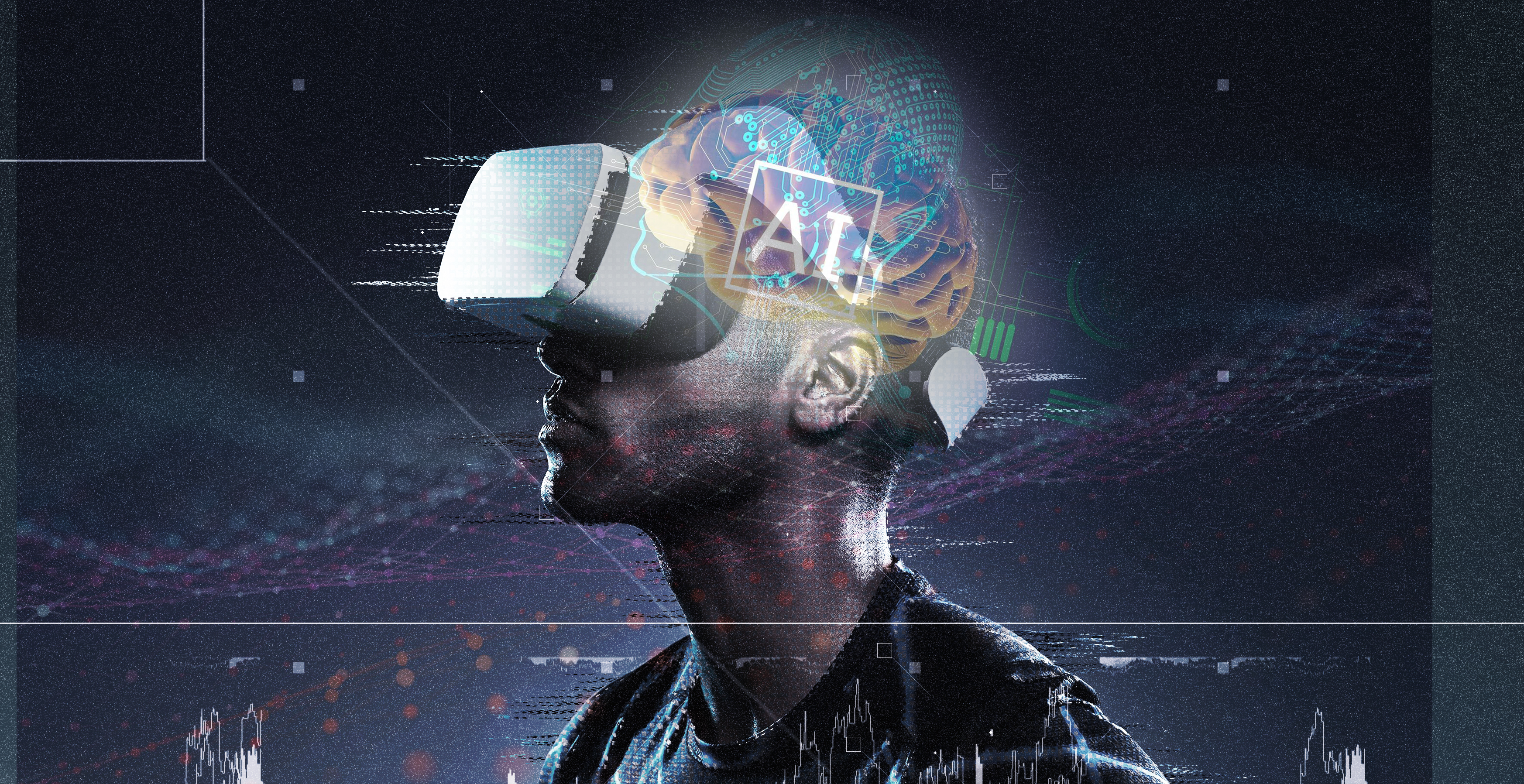
By Batrisyia Jay
From smartphones to smart speakers and even smart fridges, technology has played a major role in advancing parts of our daily lives. Likewise, this latest technological revolution will also have a significant effect on the industrial world.
Originally proposed by the German government back in 2013, Industry 4.0, also known as the Fourth Industrial Revolution (IR 4.0) is the label given to the gradual combination of traditional manufacturing and industrial practices with the increasingly technological world around us.
Traditionally a focus of innovation, it is no secret that the industrial sector will benefit the most from the next generation of technological breakthroughs, utilising the latest advances to improve efficiency and productivity via IR 4.0.
The connected ecosystem of the Internet of Things (IoT) in IR 4.0 will be able to help manufacturers and consumers alike to provide increased automation, improved communication and monitoring, along with self-diagnosis and new levels of analysis to provide a truly productive future, particularly in the business sector.
However, the IoT is not the only thing driving the IR 4.0. Machine learning, artificial intelligence and big data analytics are all expected to contribute towards significant industry change. In addition, cloud computing will continue to play a vital role, ensuring that industries can access and store their information remotely.
For instance, factories that have adopted IR 4.0 will become increasingly automated and self-monitoring as the machines within are given the ability to analyse and communicate with each other and with their human co-workers. In turn, companies will be gifted with a much smoother process that free up workers for other tasks.
Given the benefits of IR 4.0, it is only natural for our country to feel the need to adopt it within its systems. However, is Malaysia truly ready for the adaptation of what is dubbed as the Fourth Industrial Revolution?
Malaysia still in IR 2.7
IR 4.0 and the increasing growth and expansion of the IoT has resulted in the world becoming smarter and more connected and led to major advances across a wide number of industries.
For example, many businesses across the globe are embracing a wide number of connected technologies as they look to modernise and improve their work processes. As such, the Selangor Journal team had asked an IoT expert if Malaysia is indeed ready for this shift in technology.
According to Dr Mazlan Abbas, CEO and Co-Founder of FAVORIOT and an IOT Evangelist, the answer is no.
“Somehow, we are in the midst of a very confusing era. At one end, we have the vision and wish to move towards the Fourth Industrial Revolution, but in actual fact, we are still in a mixed era of IR1.0, IR 2.0 and IR3.0,” says Dr Mazlan.
Dr Mazlan, along with his group of IoT advocate friends, had made an unofficial survey on business companies in Malaysia and their adaptation to IR 4.0. They had found that Malaysia is currently only at the industrial revolution of 2.7.
“We have made an unofficial survey among the industry peers and asked the question ‘Where are we now?’, and the surprising answer is we are still at 2.7. We have not even reached the full era of IR3.0 yet,” Dr Mazlan exclaims.
Causes and setbacks
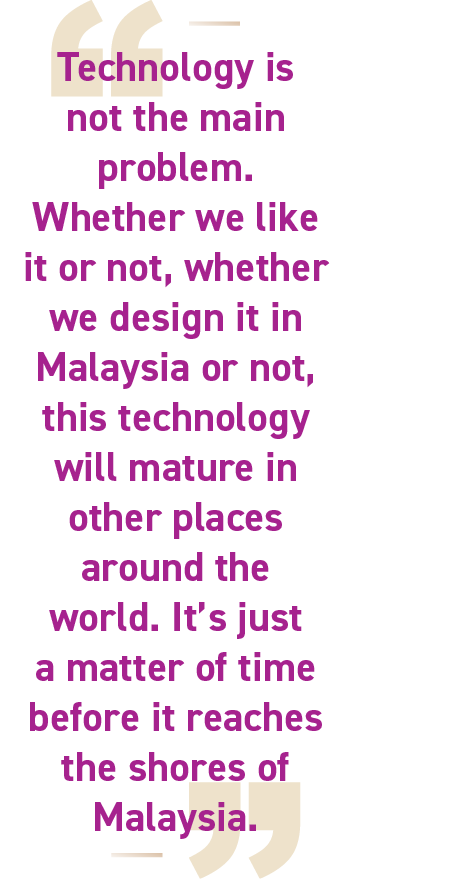 Big companies in Malaysia might already be at the stage of IR 3.0, where the usage of internet is evident. However, to be in IR 4.0, these companies would have to adopt IoT, big data and others belonging to the 4.0 technology into their everyday system.
Big companies in Malaysia might already be at the stage of IR 3.0, where the usage of internet is evident. However, to be in IR 4.0, these companies would have to adopt IoT, big data and others belonging to the 4.0 technology into their everyday system.
What is more disturbing is that during the survey, Dr Mazlan and his cohorts found that most companies in Malaysia are not even adapting internet into their organisation, making this as an antecedent on why Malaysia is still stuck in the era of IR 2.7.
“SMEs (small and medium enterprises), particularly in the east coast such as those selling Keropok Lekor, has not even adopted the usage of internet, making them still in IR 2.0,” says Dr Mazlan.
Putting two and two together was what had made the team decide that Malaysia is still in the midst of the IR 2.7 era.
“Technology is not the main problem. Whether we like it or not, whether we design it in Malaysia or not, this technology will mature in other places around the world. It’s just a matter of time before it reaches the shores of Malaysia,” explains Dr Mazlan.
The mindset of the people is one of the many key players in moving the country into IR 4.0. “Most of them don’t have the courage to take the risk and jump into a new transformation,” says Dr Mazlan.
Often in organisations, there is a big gap between the older generation and the younger generation, this generation gap is what has contributed to the sluggish mindset transformation in the country.
Dr Mazlan explains that the younger generations who join a company are tech and internet savvy individuals who are keen to move forward. However, the managerial level consisting of the older generations are reluctant to spend their resources or giving more opportunities to taking more risks.
“The older generations still have an old-school type of mindset. They feel comfortable with what they have at the moment, and they don’t want to change that,” says Dr Mazlan.
Besides organisations, Dr Mazlan feels that our universities have not been producing enough talents who could have and will contribute to the push Malaysia needs in making the jump into the era of industry 4.0.
“We are 3-5 years behind compared to other countries in adapting IR 4.0, thus contents, syllabus and courses taught in universities needs to be such that the younger generations will be better equipped to push the country forward.”
On the other hand, regulation in the country needs to be a balance between making equipment and citizens safe while ensuring innovation will not stifle. “The regulatory part of the country must be at par with the technology,” says Dr Mazlan.
Overcoming the challenges
As mentioned, there are a few factors to be considered before Malaysia is able to make the shift into IR 4.0.
To guarantee that they benefit from Industry 4.0, businesses must be prepared to overcome some significant challenges. The efficiency and advantages of Industry 4.0 can only be realised if machine-to-machine (M2M) communication is fast and reliable.
The added number of connected devices will place increased strain on organisations’ network infrastructure and also push national governments into ensuring their Internet speeds are up to scratch.
Seeing is believing, thus, for Dr Mazlan the easiest way to encourage organisations to join in is to show them examples of other organisations that have succeeded in shifting into the IR 4.0 era. “We need a success story to show others in order for this to build up. If you want success stories, then you need to look at start-ups and smaller organisations such as us, who is doing it fast.”
Making the jump
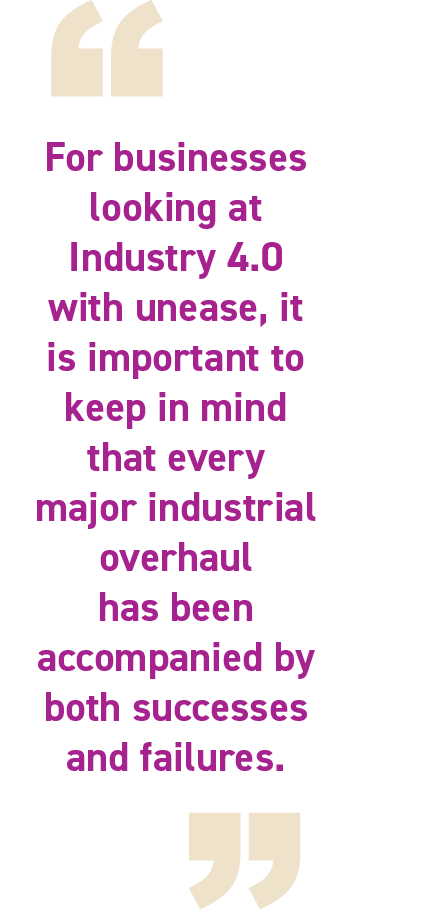 Favoriot is a local IoT company that offers and develops an IoT platform to support the integration of data from sensors and actuators on the internet, resulting in the collecting and storing of data from IoT devices to become less complicated to users.
Favoriot is a local IoT company that offers and develops an IoT platform to support the integration of data from sensors and actuators on the internet, resulting in the collecting and storing of data from IoT devices to become less complicated to users.
Founded in 2017, Favoriot has been helping developers in building vertical applications without worrying about hosting and managing heterogeneous IoT devices, thus bridging the gap between traditional manufacturers who do not have the connectivity with the data expertise required to quickly and successfully implement a ready-for-market IoT-connected product.
Among the services provided by Favoriot is Raqib, a latest service to solve the problems of pilgrims going to Mecca to perform their Hajj and Umrah. Problems such as missing pilgrims in foreign places, the danger of disease outbreaks, and the complexity of managing a huge number of pilgrims can cause anxiety to family members back home.
Raqib provides a wearable device for pilgrims that can be monitored through mobile apps by their family members or through a Pilgrim Monitoring System for Hajj authorities or travel agencies.
Another service provided by Favoriot is Favorsense, a solution to help build better cities and communities through better engagement by providing a crowdsensing application that delivers complaints to the proper channels. The service offers a better workflow to resolve and track issues, including monitoring the service level agreement.
“It’s a cloud sync app where citizens can snap photos of the problems the city is currently having and is able to engage with the state government without a middle party,” says Dr Mazlan. “Citizens can even rank the problems, this way, the government will be able to focus on the top 10 problems faced by the citizens in that particular state or city.”
The government also has a role to play in order to ensure more local businesses make the leap into the IR 4.0 era. “Selangor launched an accelerator program for start-ups earlier this year, that is an example of a very good step towards the industry 4.0,” says Dr Mazlan.
The SAP (Selangor Accelerator Program) 2018, launched in April this year, is a four-month accelerator programme aimed at making participating start-ups investor-ready, and is the first ever start-up accelerator by the Selangor State Government through their initiative, Sitec.
“Innovation starts from these types of companies, so you need to nurture, build them up and support them. These are the creative people that will provide us with new solutions, so give them a good ecosystem for that, only then will you be able to see all the solutions coming up for the smart city that the state of Selangor is currently building.”
When asked about smart cities, Dr Mazlan stands firm that it’s best not to copy other country’s initiatives when building a smart city. Smart cities should be built through the eyes of the people. Thus, the government need to first understand the perspectives of the citizens and get input from them.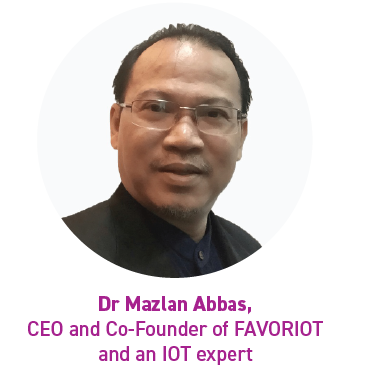
“Copying from other smart cities such as Korea, Japan or London won’t do as they have different set of problems. The infrastructure is different, and the culture and mindset is also different. Thus, you can’t duplicate the same smart city initiatives in other countries into Malaysia.”
For businesses looking at Industry 4.0 with unease, it is important to keep in mind that every major industrial overhaul has been accompanied by both successes and failures. Instead of fearing Industry 4.0, businesses must embrace the coming change first-hand, after having undertaken the necessary planning and preparation.
Organisations should be transparent with their employees and customers about the likely effects and possible disruption that could occur, because after all, the Fourth Industrial Revolution will see the merging of the real and the virtual worlds and could make an even bigger impact than the previous three.



